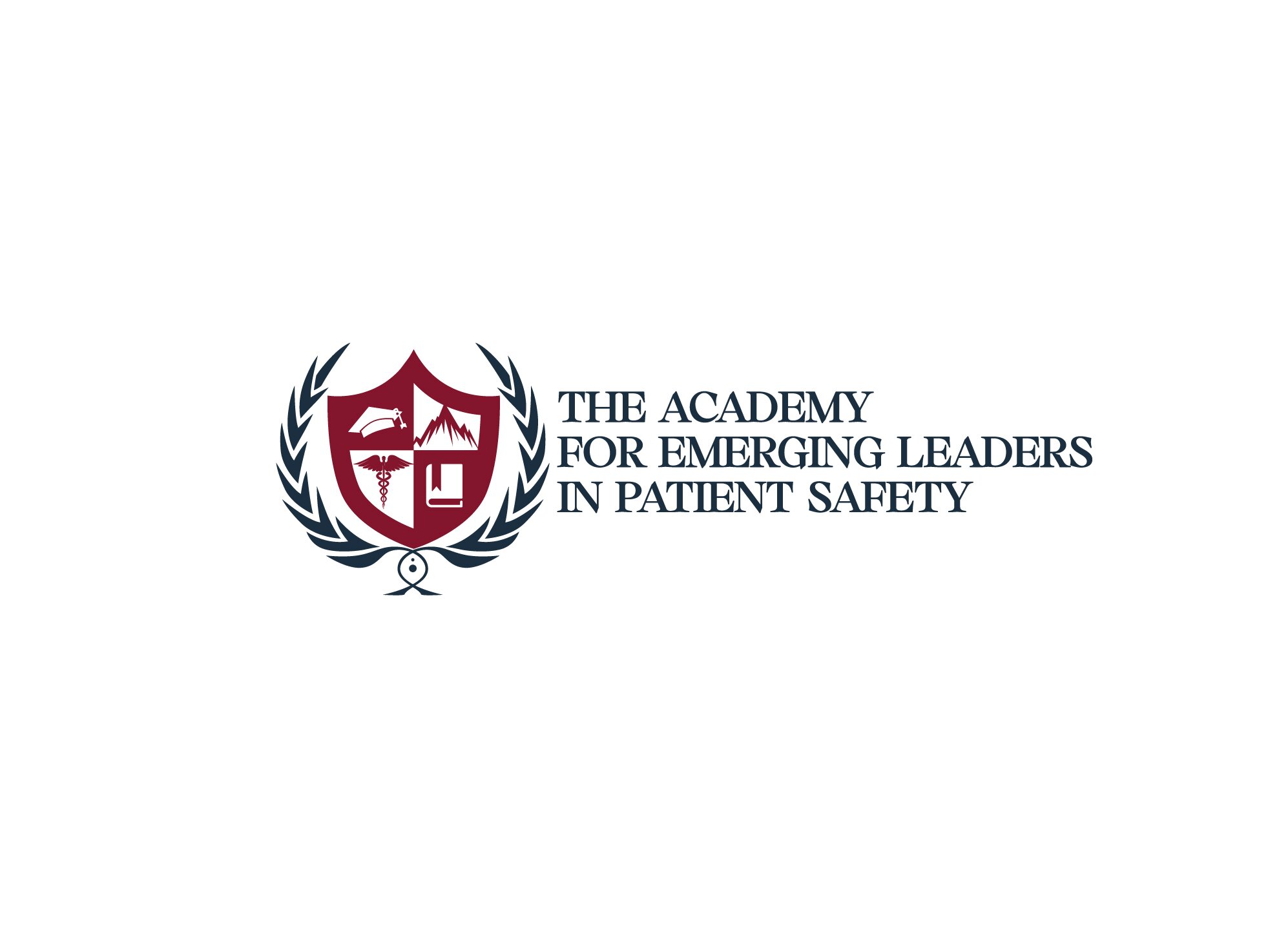
Nothing About Me, Without Me at #TPSER8
As I reflect on last week in Marseille, I keep returning to the exchange on informed consent and shared decision-making that was stimulated by watching Michael Skolnik’s story on film. The group concurred that their training around informed consent was all but non-existent during medical school and residency. As the conversation continued, it became clear that true patient-centered care would include this often missed opportunity to better understand a patient’s needs, values, preferences and goals as they relate to the risks and benefits of any (and every) procedure. What is successful hand surgery to a painter? Or knee surgery to a prima ballerina? Or heart surgery to a seventy-five year old grandfather who just wants to dance at his granddaughter’s wedding? How does that compare to a successful outcome for the surgeon? And perhaps just as important, does the surgeon know if her patient is painter? A dancer? A grandfather?… Continue reading
2011 Marseille Patient Safety Roundtable Thank You
A tremendous thank you to the faculty who shared their time, wisdom and experience during this year’s 7th Annual Marseille Patient Safety Roundtable. An equal thank you to the student scholars who shared their own experiences, enthusiasm to learn more about patient safety and willingness to step up as leaders related to this very important aspect of delivering care to patients.
I feel privileged to have been included in this meeting, and look forward to hearing more about the projects students and faculty will contribute to both patient care and medical education as a result of this year’s roundtable.
Please comment on your experiences in Marseille, as well as on how your projects are progressing!
Climbing Mountains Related to Improving Patient Care

Bear Creek Falls, Marseille, CO Final Destination Marseille Patient Safety Roundtable Hike June 2011
Bullying in Hospitals: What’s the Solution?
The focus of this year’s Marseille Patient Safety Educational Roundtable is to develop solutions for disruptive behavior in medicine. Some of the required reading for the week examined how other health systems are confronting issues such as bullying in the workplace. Our patient safety and quality experts from Australia, Kim Oates and Cliff Hughes, have shared information on the New South Wales health policy statement on how to combat bullying in the workplace. A second reading, an article by A Lazare & R Levy in Chest (Chest 2011;139;746-751), discusses how humiliation in medicine leads to less than optimal care, and offers strategies on how to apologize for inflicting such an offense so that healing follows.
A post on the physician led blog, KevinMD entitled “Hospital bullying requires everyone to share in the blame and solution” written by Kevin Pho himself, addresses the need discussed this past… Continue reading
Will You Stay With Me?
Cliff Hughes, CEO at New South Wales, Australia Clinical Excellence Commission shared a story Wednesday afternoon that exemplified what patient-centered care is all about. When Cliff’s patient, a 52-year-old truck driver named Neville was not going to live through the night, Neville asked Cliff if he would stay with him. Without hesitation, Cliff agreed and not only stayed to share prayer and poetry, but was also able to reunite Neville with his estranged daughter and 6-week old granddaughter before dying.
Cliff then posed two questions to the student scholars and patient safety leaders in the room.
“Is it unusual for you to cry?”
“Do you forget about the individual in the technology of care?”
“This is the way I want you to treat me, and how I will treat you. It’s no different in Australia than in the United States,” he said.
The final assignment for the day was for… Continue reading
